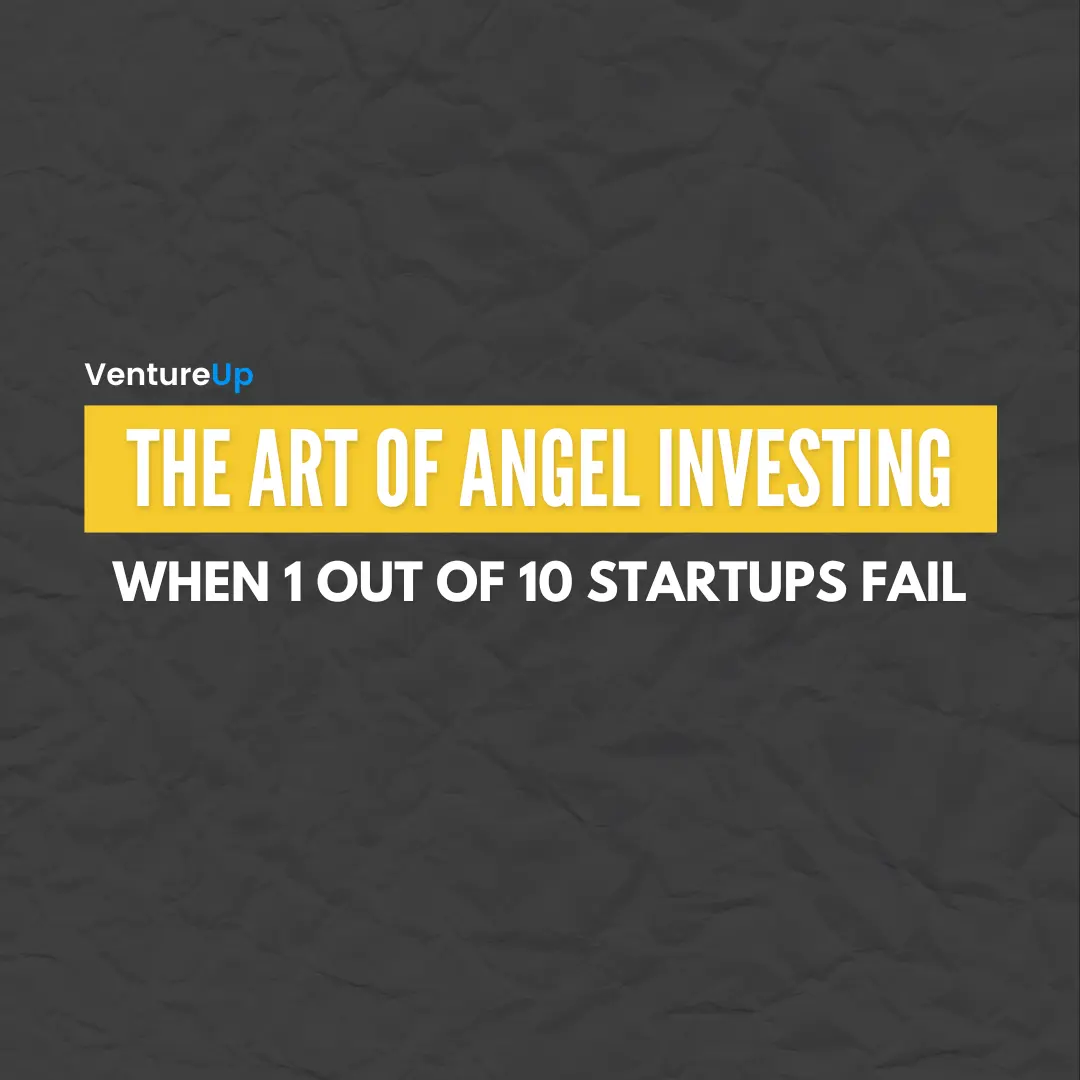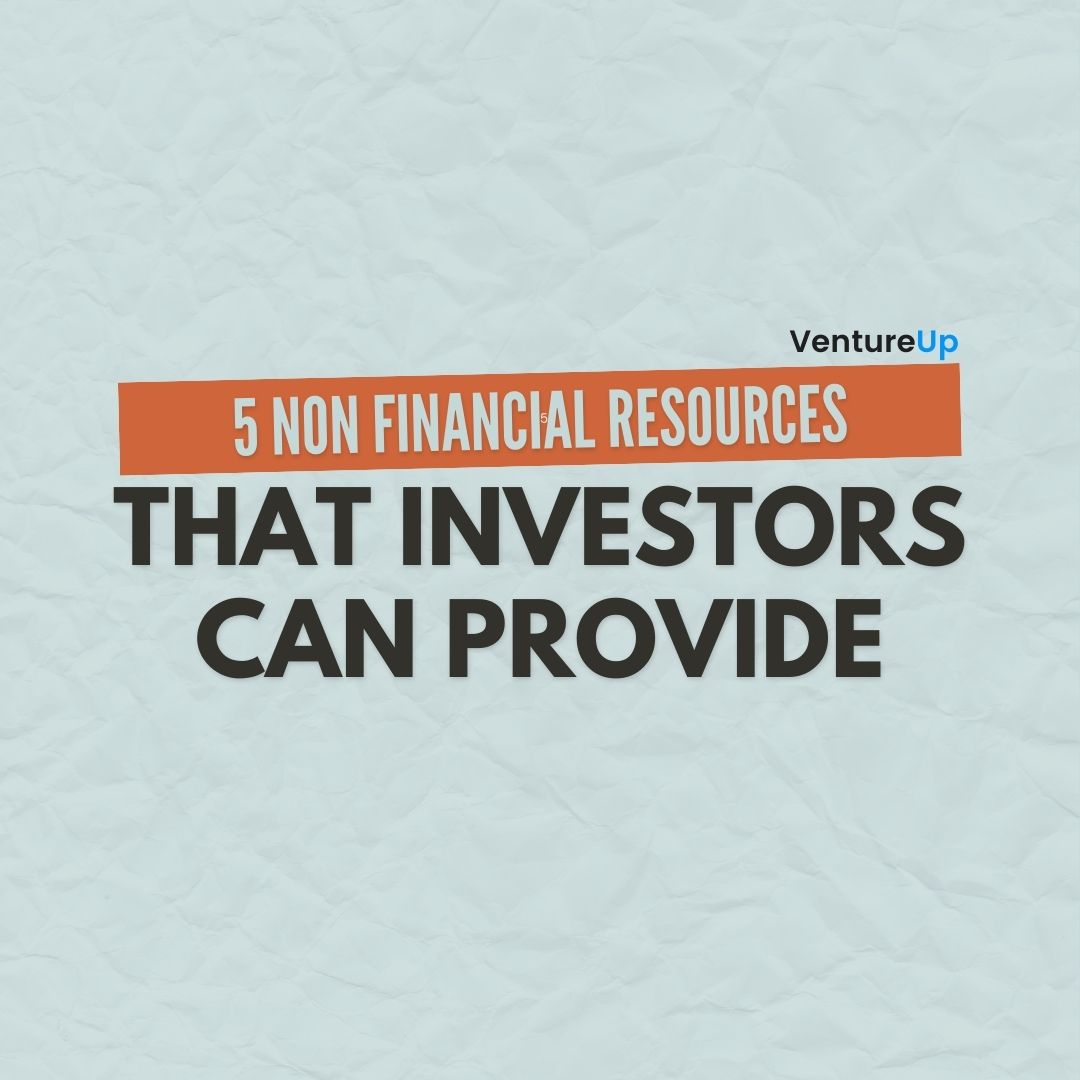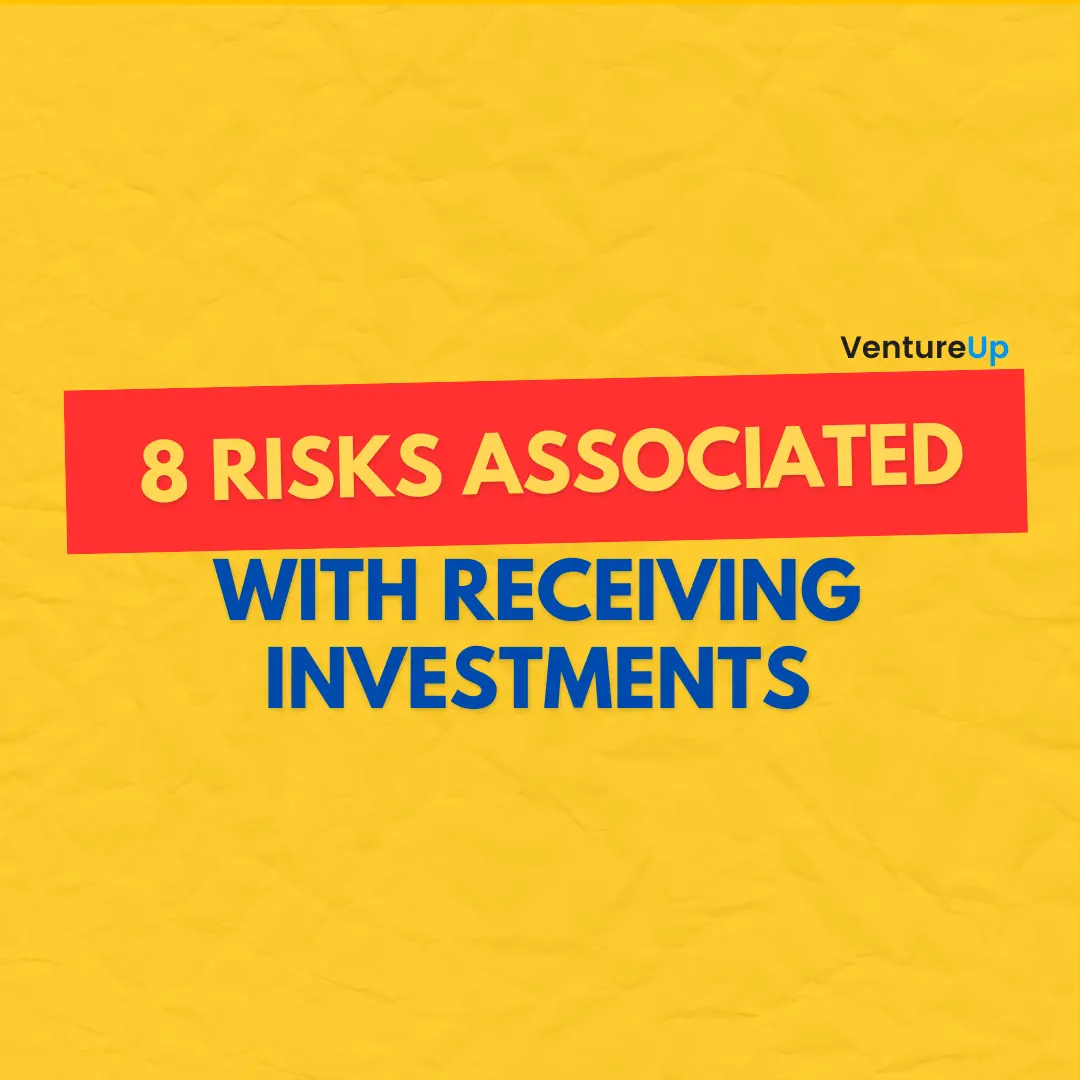If you were to go around and try to invest directly in lots of early-stage startups you would probably find it quite challenging.
You’d have to take it quite seriously to do it well. And some folks do. But they also almost treat it like a full-time job.
Investing in startups is inherently risky, with less than 10% of new ventures achieving success. It's essential to approach this landscape with a strategy that maximizes your potential returns while managing risk.
Just recently Garry Tan, CEO of Y-Combinator made this post that completely reflects one of the important reasons why we at A2D Ventures are focused on early stage investing.
Y-Combinator(YC) is a strong reflection of this fact
YC has invested in early stage startups and they invest at the earliest stages.
Sometimes, they even get in at the idea stage of the startup. These startups literally have nothing. No traction. Just a group of founders and an idea.
So the risk at this stage is naturally huge.
But if you know how to valuate a tech startups, know about the gaps in the market, keep yourself engaged in the whose startup ecosystem, and are a generalist, then you can successfully invest even at this stage the way YC does.
And as Garry Tan points out in his post… they have been involved in roughly 10% of all unicorns.
And this is enabled by two main factors:
1. The checks are small at these early stages
This way you can spread your money around quite a bit. If you have an appetite for investing a total of INR 50 lac you can spread this investment around into say 10-20 early stage investments instead of a single startup investment.
2. You get a sufficient stake in the company
At this stage, the valuation is fairly low, which is again a math game to have sufficient equity in a lot of startups, so that the ones that wins, win big, generating you great returns.
VentureUp being a go to platform for Angel Investors, helps Angel Investors source curated deals, and makes Angel Investing super easy.
With being actively present in the market, we receive a very high deal flow, and the more the number of deals, the better we are able to select startups suitable for Angel Investments.
If you were to go around and try to invest directly in lots of early-stage startups you would probably find it quite challenging. In that it is a serious time commitment plus it is not always easy to get the introductions you need to get in the door with the good ones.



